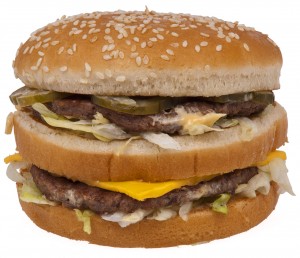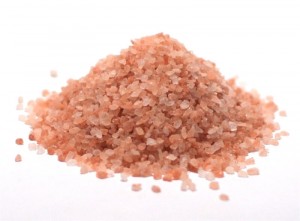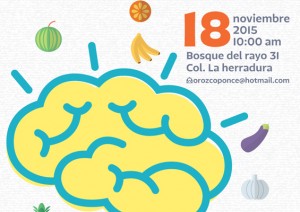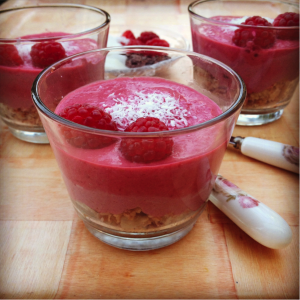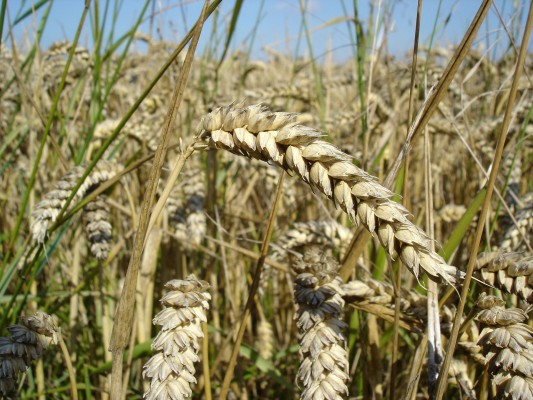
1. Sugars, in all its many forms (white, brown, raw, corn syrup, rice syrup, maple syrup, molasses, honey)
This includes foods and beverages to which these sugars were added – check your labels! In the beverage category, look at sodas, fruit juice drinks, powdered lemonades, sweetened wine and alcohol beverages. With foods, of course anything that is considered to be a dessert will have sugar (or an artificial sweetener – absolutely not a better choice) and usually way too much of it. Try making some healthy desserts that, by definition, should be low in sugars.
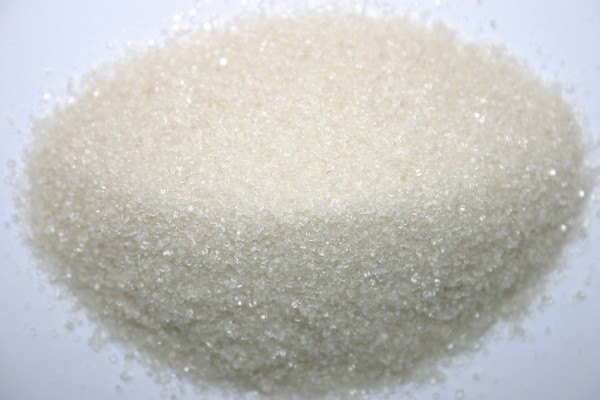
Raw Cane Sugar
2. Wheat and gluten
Gluten is a protein that is found in wheat, rye, barley, spelt, kamut, triticale and oats. Many people have difficulty digesting it and it can result in a variety of symptoms ranging from GI distress to visual and neurological problems.

Wheat
3. Dairy
This means milk and any food made from milk that comes from an animal – cow, sheep, goat. Cheeses, ice cream, sour cream, yogurt and even butter are included here (ghee is usually okay). Similar to the problem with gluten, dairy has components that are difficult to digest and the result may be GI discomfort, neurological symptoms, upper respiratory problems, chronic nasal stuffiness, and recurrent ear infections in young children.

Dairy
4. Non-fermented Soy
Soy needs to be fermented in order to make it easy to digest and to eliminate several compounds that interfere with nutrient absorption and many other aspects of health. The only soy that I recommend is fermented and organically raised (non-GMO) – those forms are tempeh, miso, Tamari soy sauce and natto.
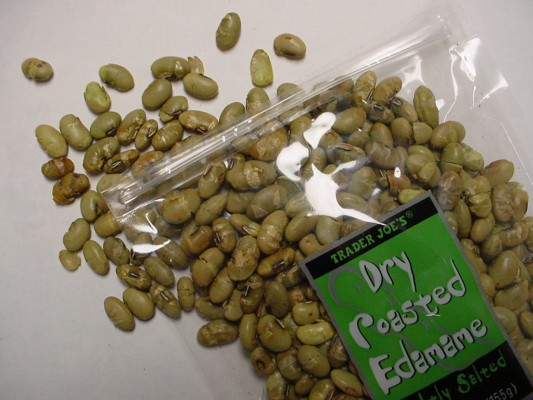
Soy Beans
5. Processed, refined foods in general
If your diet relies heavily on packaged foods with a list of ingredients written on the label, you are not feeding your body properly. Besides not being nutrient dense, they generally contain a number of additives and damaged foods that greatly interfere with the proper functioning of your body.
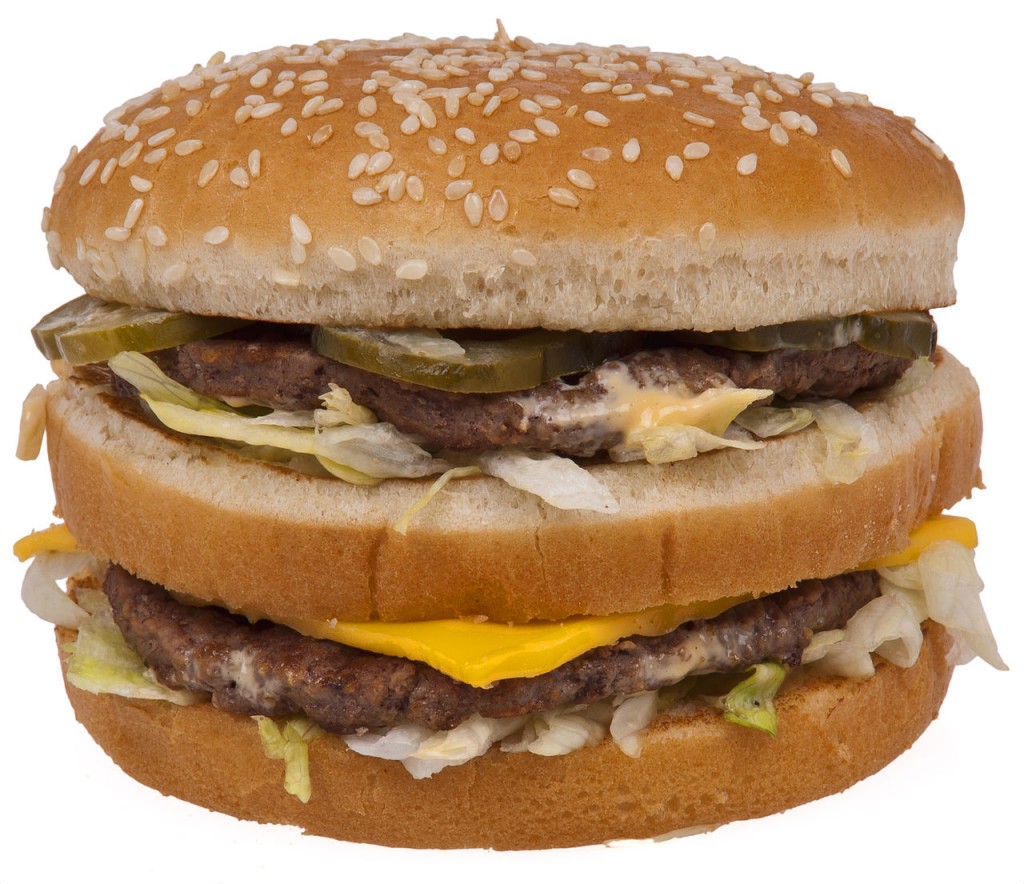
McDonald’s Big-Mac
